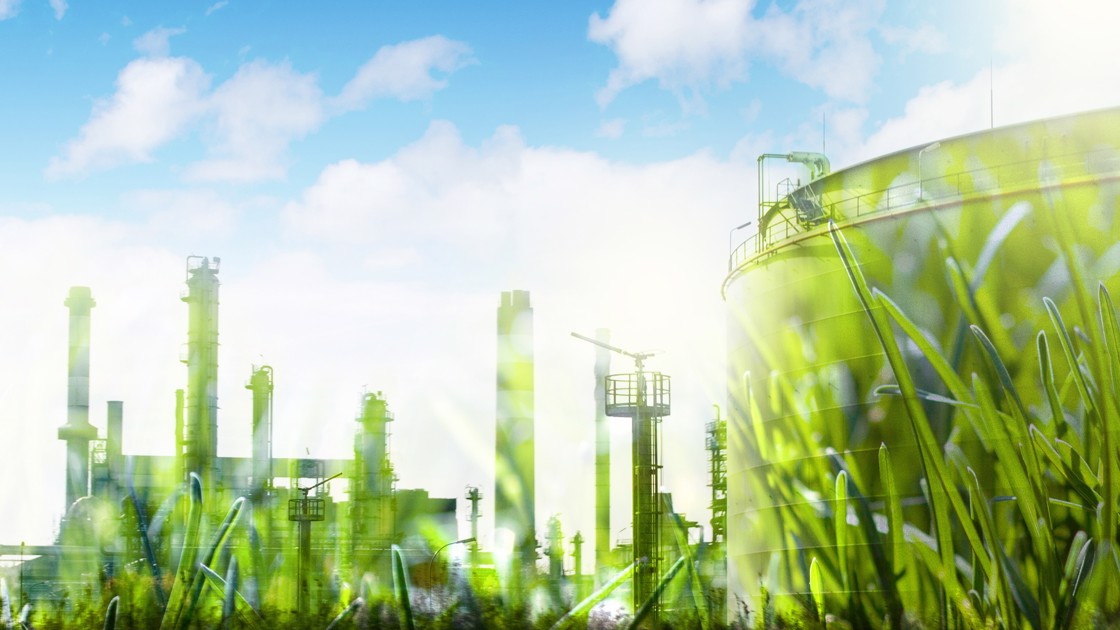Following a proposal from the European Commission to increase the 2030 EU emission reduction target, the EU has increased its climate ambition and will review the related policy framework. The policies resulting from this review will impact millions of men and women that work in industries. IndustriAll Europe has therefore adopted an initial trade union position with key demands for a credible pathway towards the revised target.
To avoid disruptive changes that would threaten industrial value chains and related jobs within the EU, this pathway must:
- Bridge the investment gap to accelerate the roll-out of the required technologies and infrastructures
- Be based on in-depth sectoral impact assessments to avoid unrealistic 2030 objectives that would undermine the EU industrial basis
- Provide sectoral roadmaps that identify industry needs to cope with the revised targets in terms of technology development, infrastructures and skills
- Strengthen EU industrial leadership in leading technologies and value chains that are strategic to reach the 2050 objectives as well as fully exploiting the job potential
- Relax EU State aid rules to better support the transformation of the industries
- Ensure a level playing field between EU producers and their competitors
- Leave no one behind thanks to increased resources for the Just Transition Fund
- Involve trade unions in the EU climate policy review and promote workers participation to deal with consequences for workers at national, regional, sectoral and company level
On the path to climate neutrality, clean hydrogen will play a central role. In July 2020, the Commission published the Hydrogen Strategy for a climate-neutral Europe and launched the European Clean Hydrogen Alliance. IndustriAll Europe considers clean hydrogen a vital element in decarbonising hard-to-abate sectors, like steel, cement, chemicals as well as long haul and heavy-duty transport, marine and aerospace. Our position supports the EU’s ambition to maintain global leadership in electrolyser manufacturing but cautions the EU to maintain its strategic autonomy in the hydrogen value chain. It calls on the EU to ensure good cooperation agreements with third countries based on quality working conditions and ensuring these countries' ability to meet their own energy needs. It emphasises the need to integrate a strong social agenda as well as integrating a strong health and safety framework that addresses the risks associated with the production, transport, storage and use of hydrogen.
Further developing offshore renewable technologies remains crucial for achieving climate neutrality. Following the launch of the EU Offshore Wind Strategy on 18 November 2020, industriAll Europe has laid down its position and sends an upfront call for a strong social dimension of the EU’s offshore renewables strategy, calling for fair and quality working and employment conditions in the entire offshore renewable energy value chain from equipment manufacturing to construction, operation and maintenance of the installations. The position is addressed to the EU institutions, especially to the European Council that is set to discuss the strategy at its December meeting.
Europe's green deal - mapping the road to 2030: EN, FR, DE
Position Paper Clean Hydrogen Strategy: EN, FR, DE
Position Paper Renewable Energy Strategy: EN, FR, DE
Contact: Andrea Husen-Bradley (press and communication)
